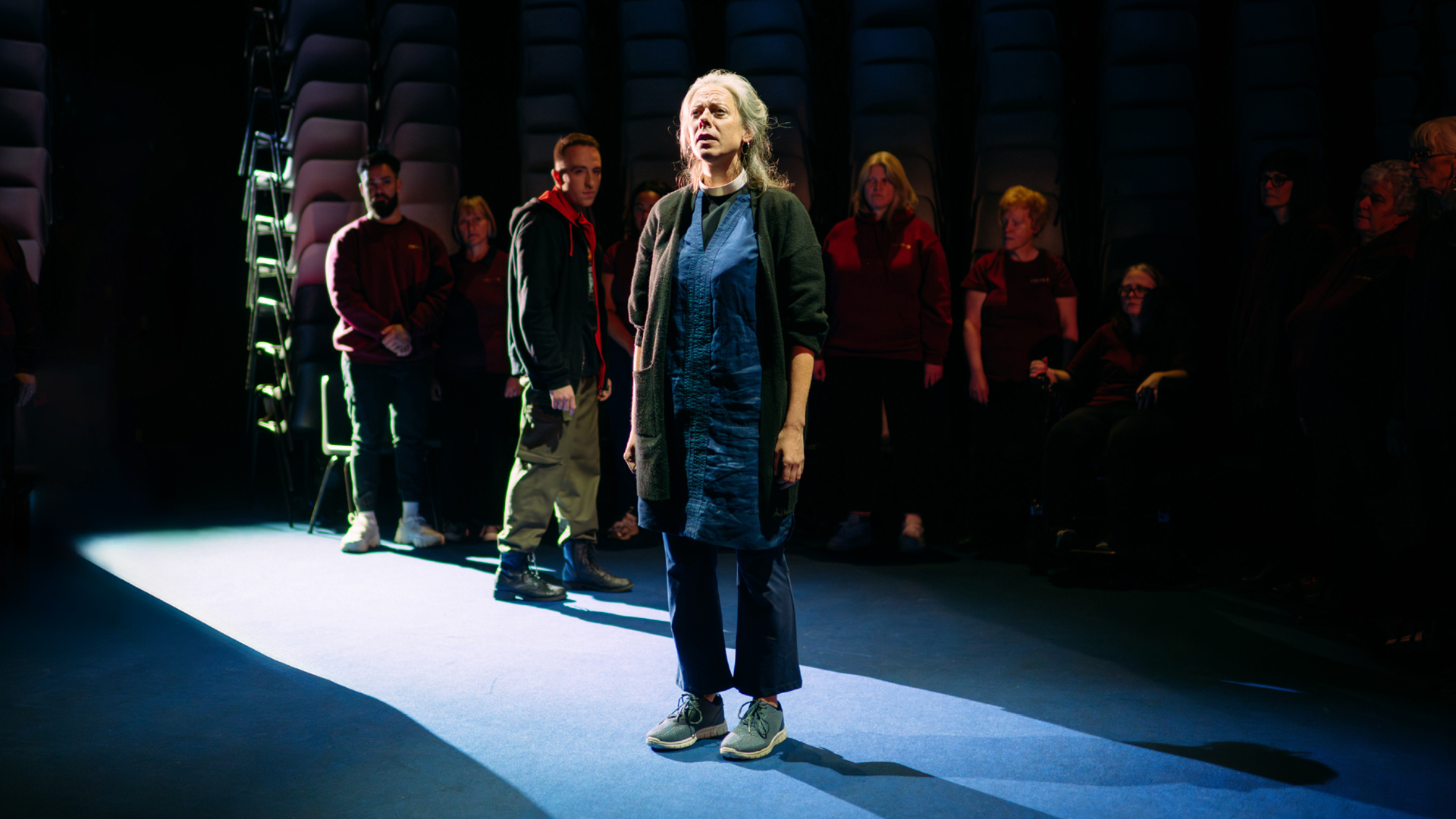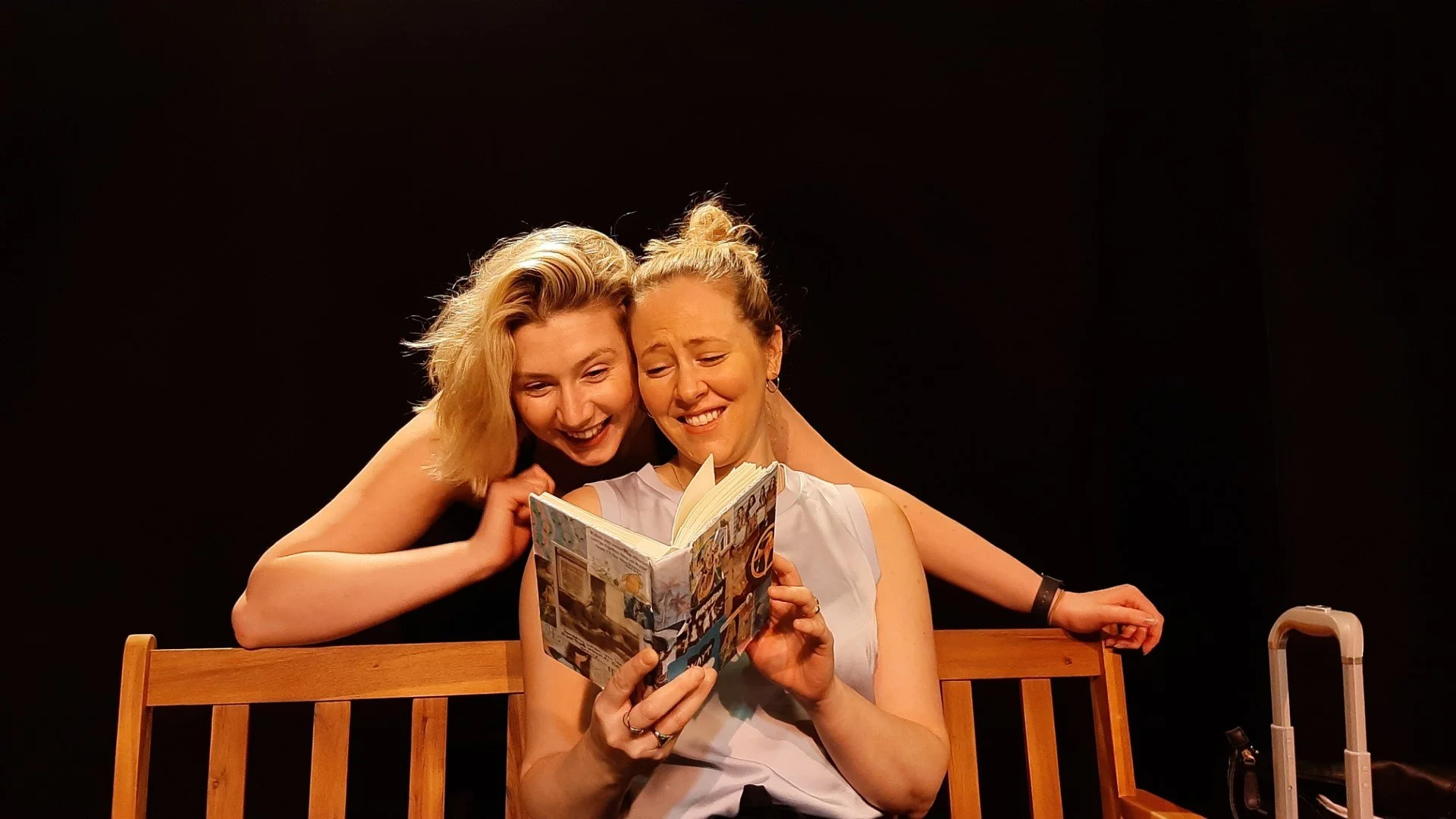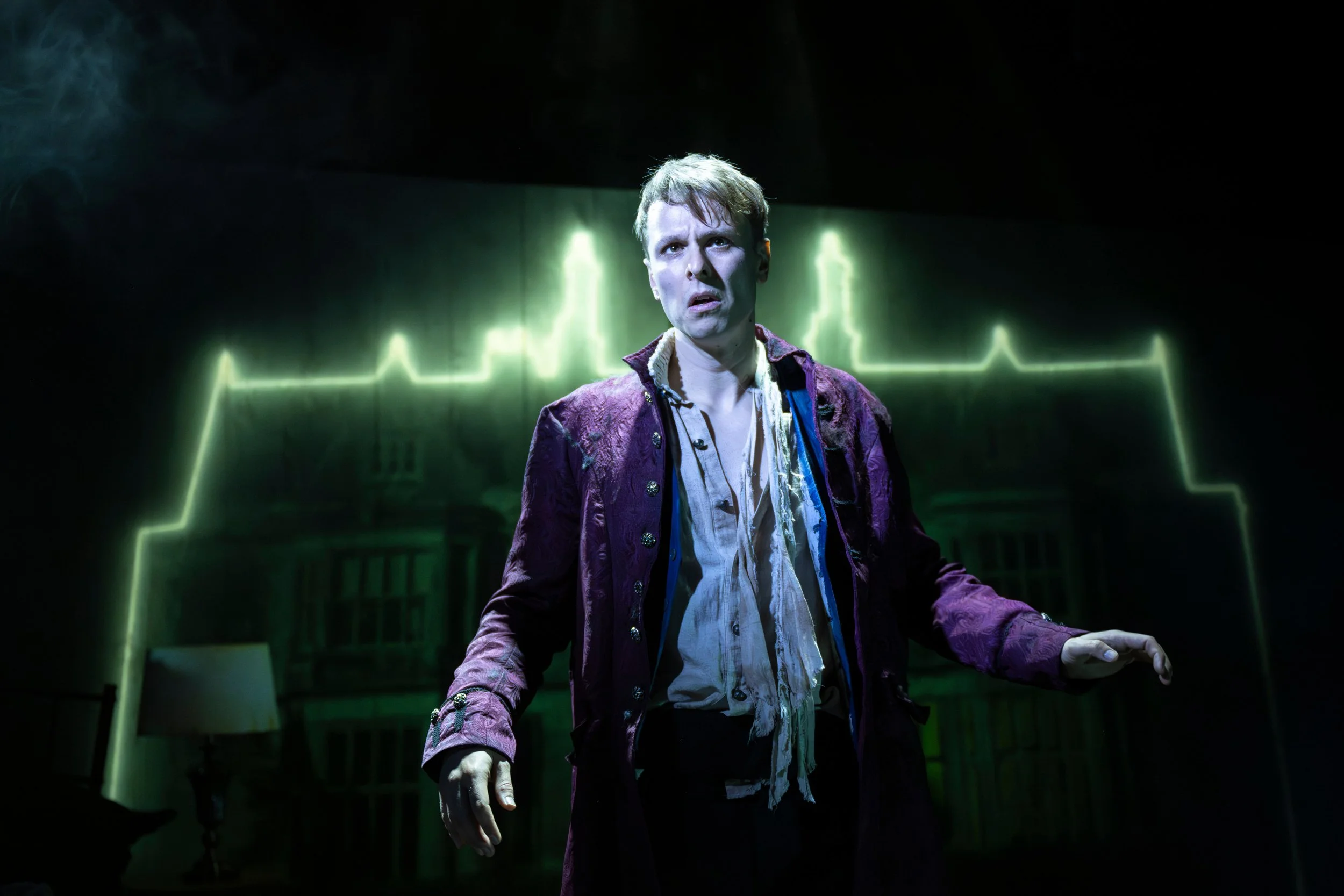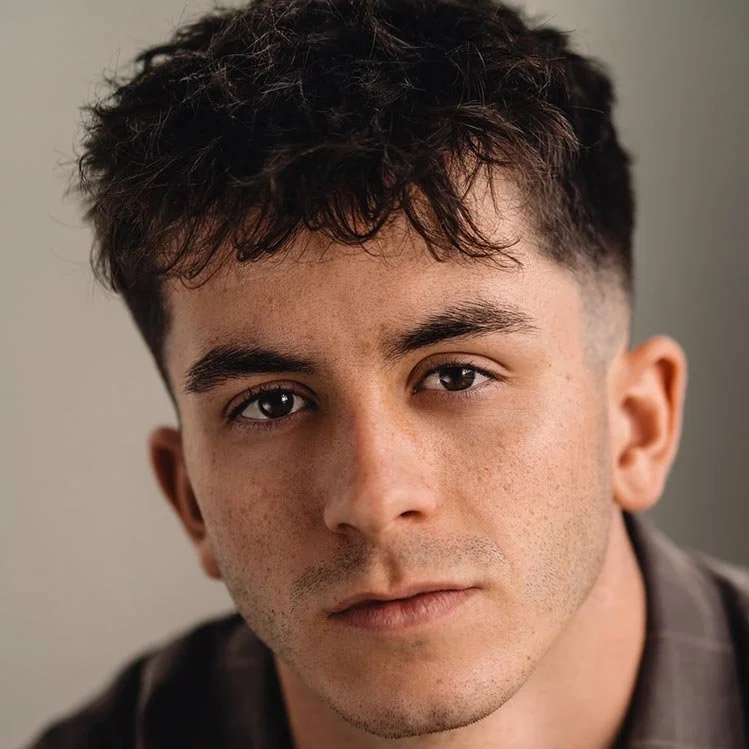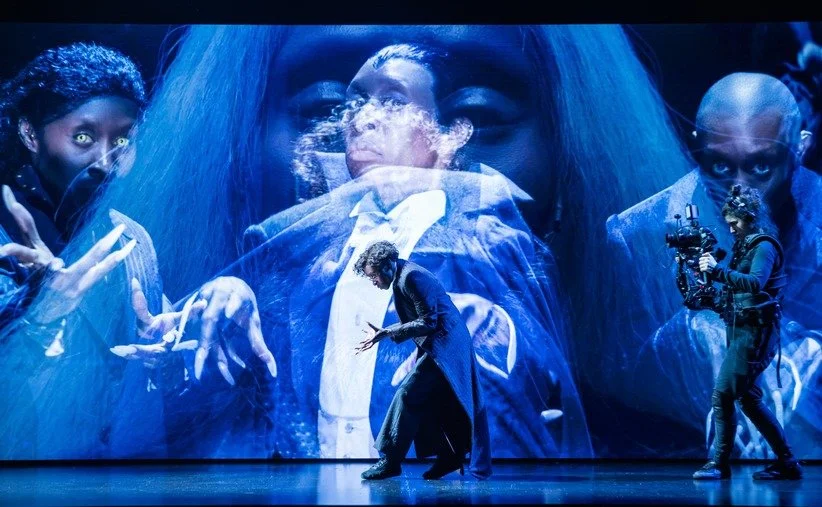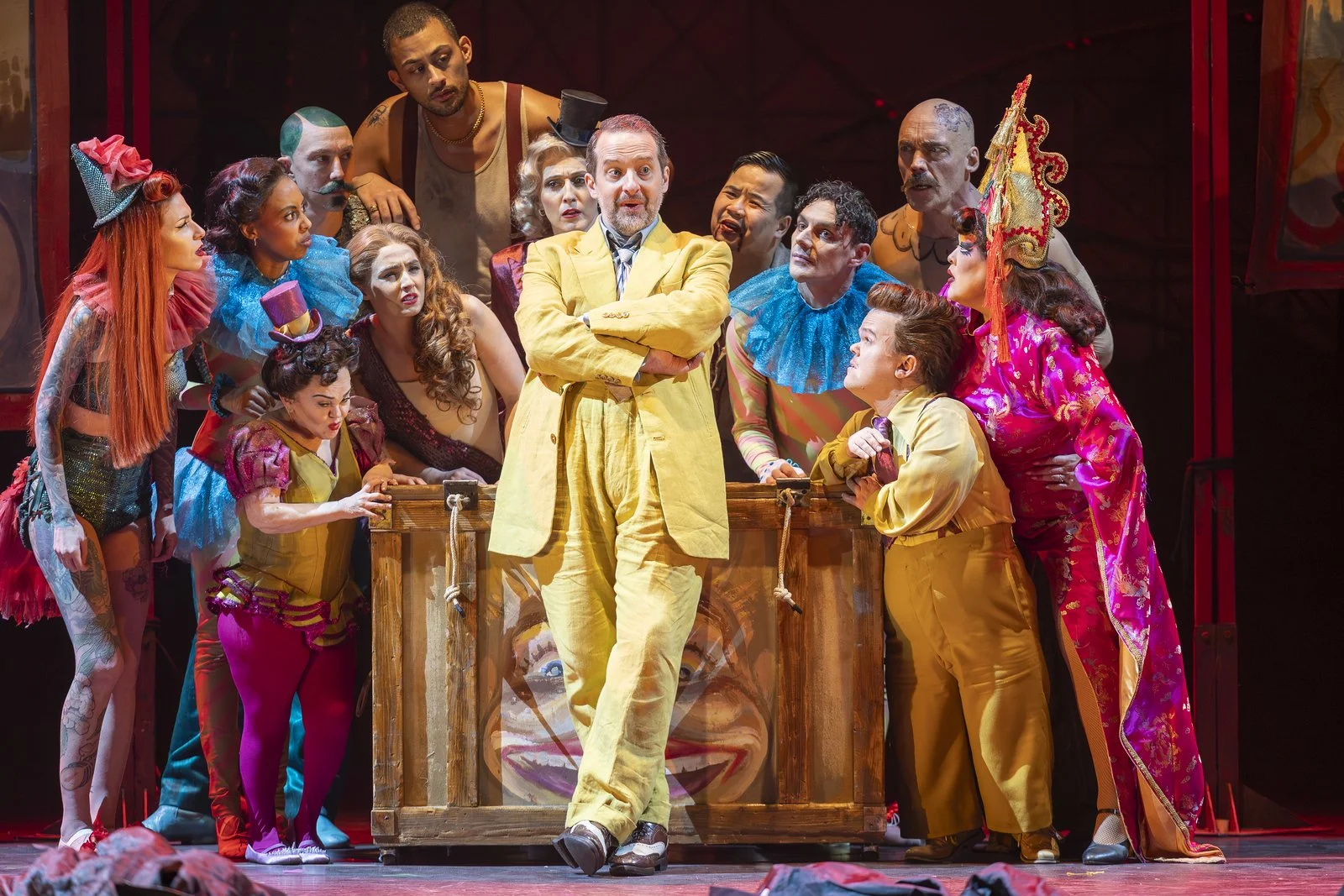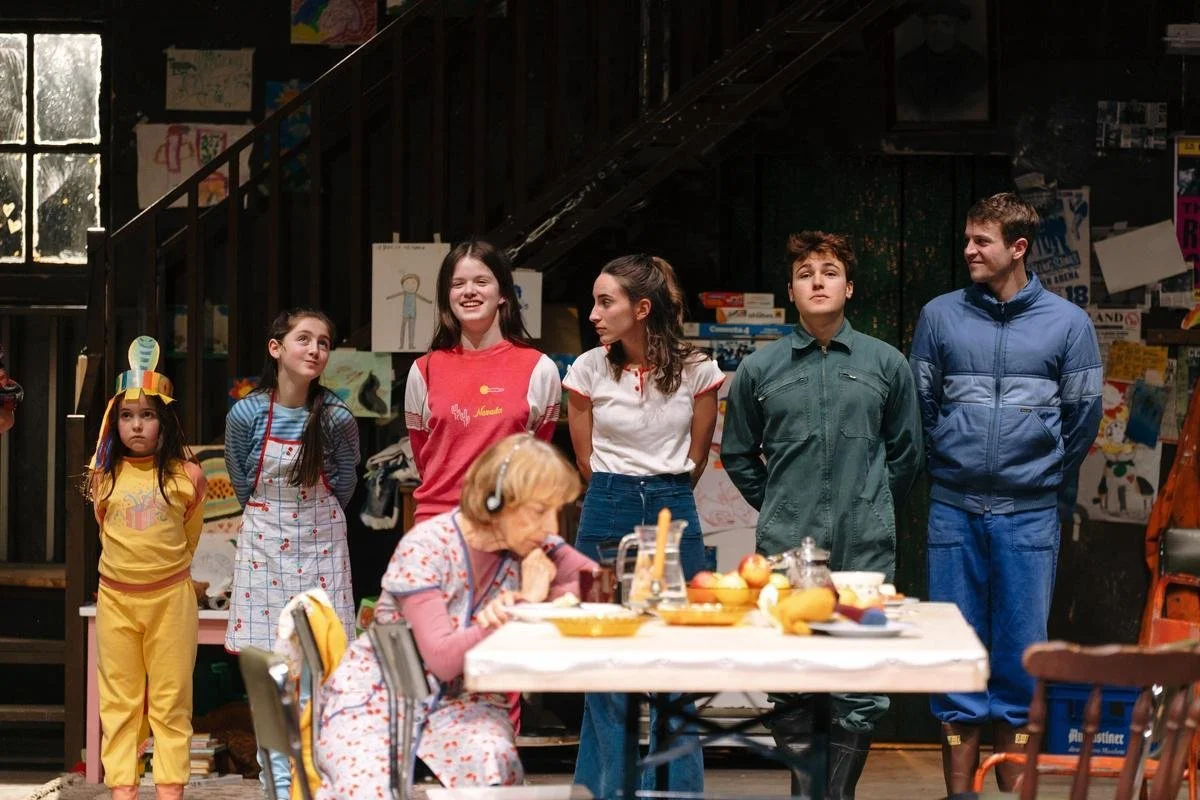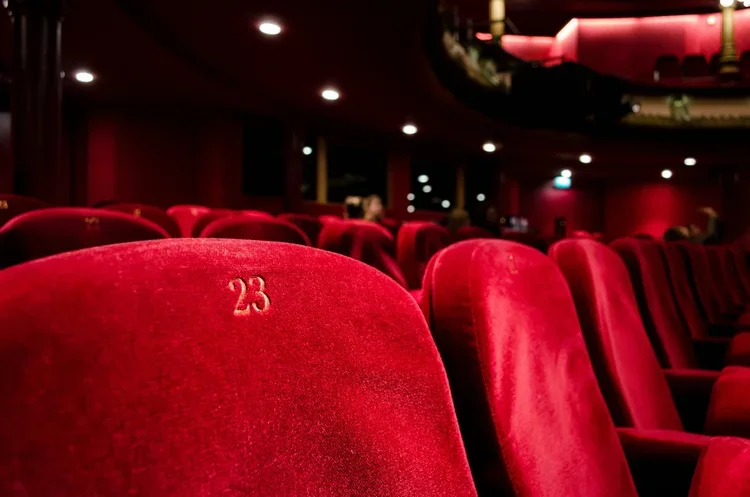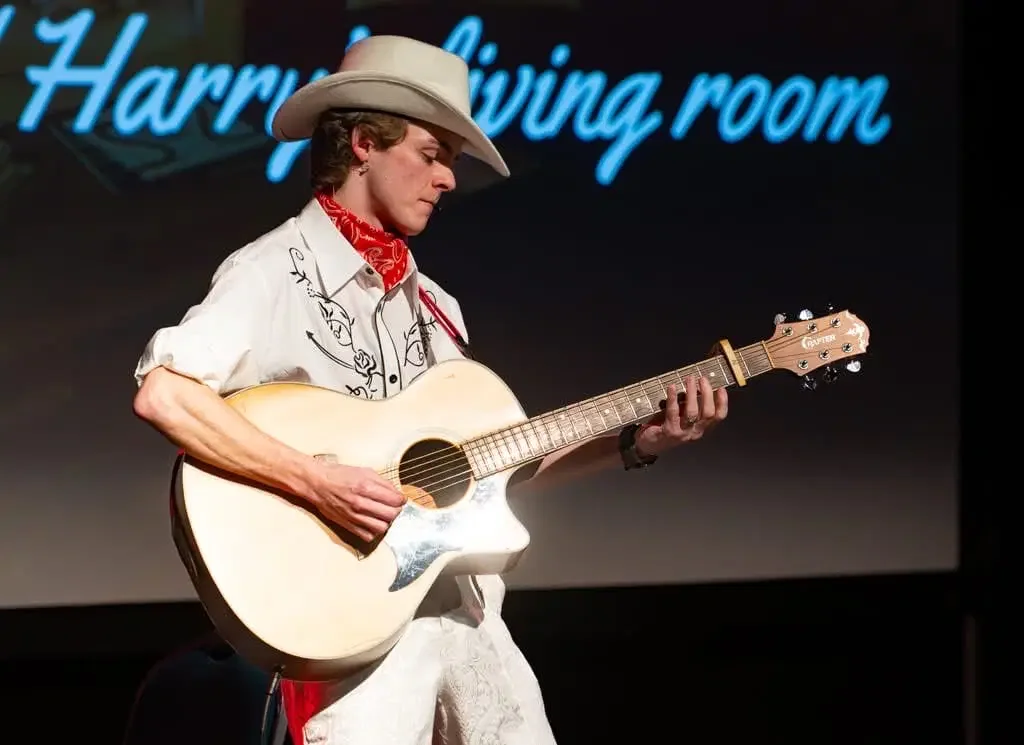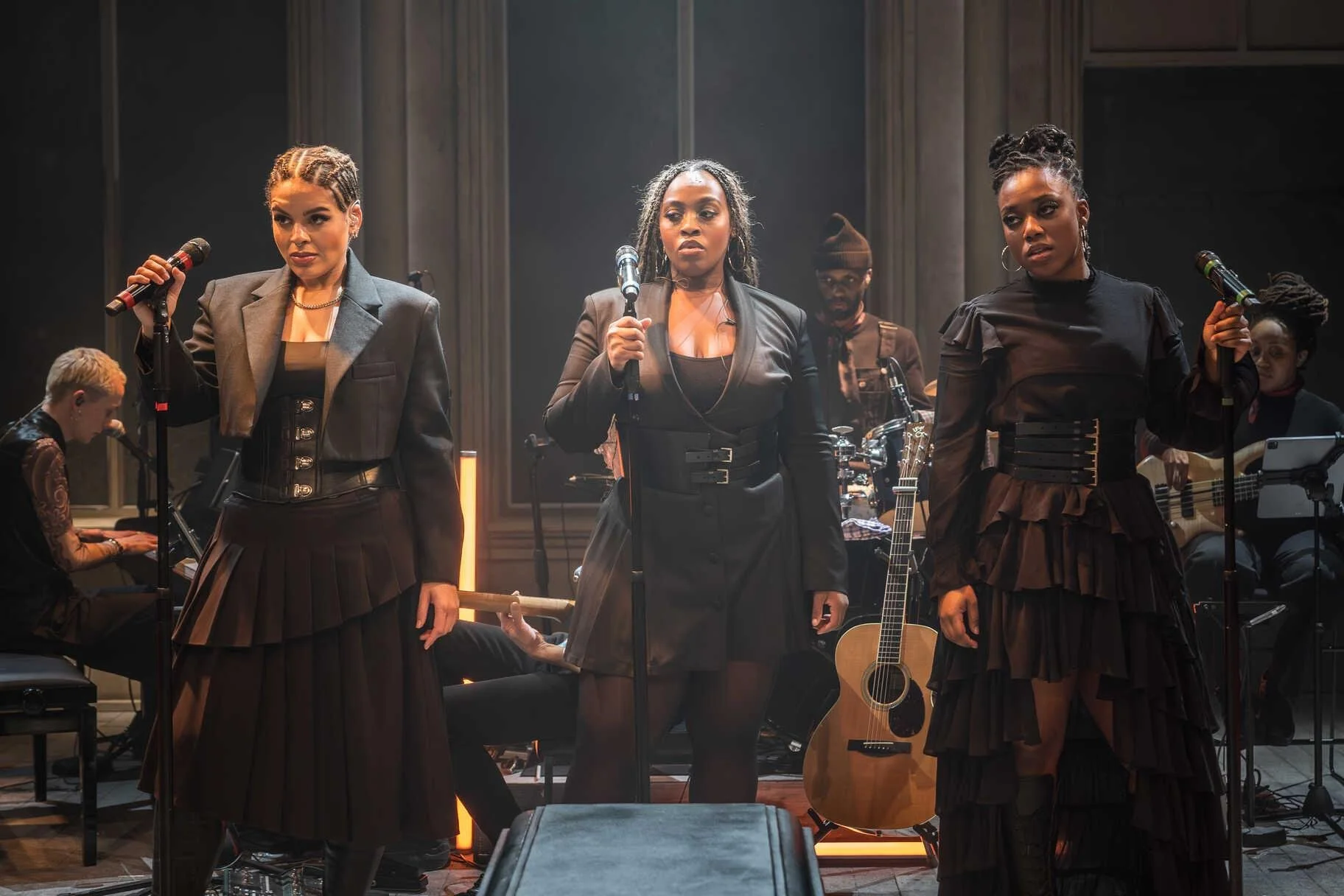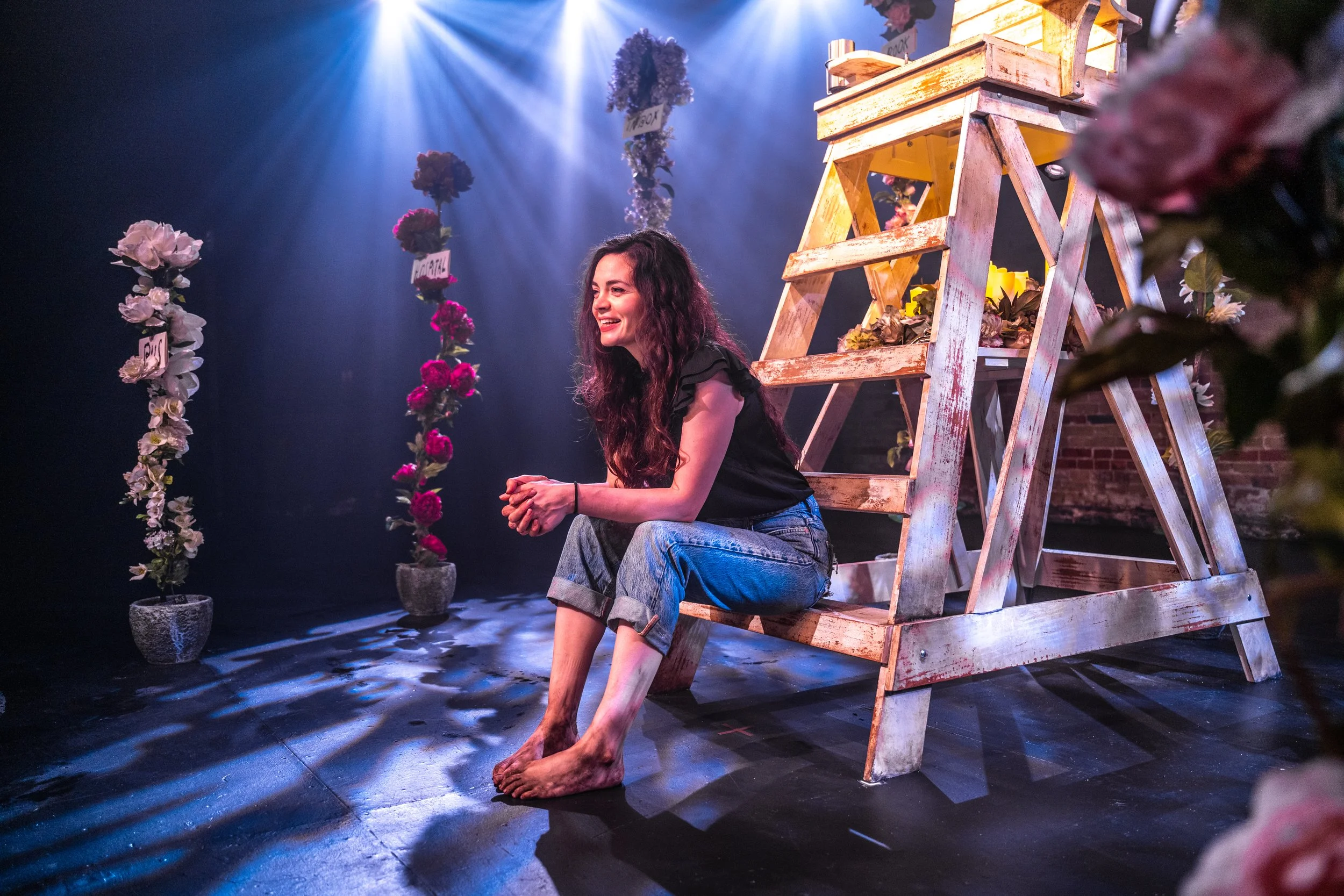Second Class Queer at Theatro Technis Review
Written by Greta for Theatre & Tonic
Disclaimer: Gifted tickets in exchange for an honest review
In June 2017, a teenager was killed in Malaysia, in a “vicious homophobic attack where he was beaten, burnt and raped for hours” (PinkNews). This horrifying piece of news is our introduction to Second Class Queer, written, performed, designed, and self-produced by Kumar Muniandy.
The bold and affecting opening, featuring a dance performed in almost-darkness, well conveys the concept of fluid movement and expression abruptly turning into violence. The rest of the show’s structure is quite straightforward: Krishna, the protagonist, is at a speed dating event. Over the course of the night, he meets a series of men; each encounter lasts only a few minutes, but they can quickly turn surprisingly deep.
Krishna’s matches, much like the audience, are given limited time with him and have to make choices and pass judgement at little more than face value; what they choose to focus on is quite revealing. Many project their own insecurities or idiosyncrasies onto him, whether it’s cultural appropriation, heritage, or privilege. Others allow us to look closer at Krishna’s own biases and blind spots. The message clearly coming through is that identity is a layered matter, indeed, and that alliances or rivalries we might think obvious are never that clean-cut.
The writing has flashes of humour and thoughtfulness. Moments of humorously rendered knottiness, such as the absurdity of being considered as “Malaysian” everywhere in the world but in Malaysia, land swiftly. However, Second Class Queer, with its own narrative identity sitting in between a coming-out story, a eulogy, a satire and a personal reckoning, feels like it’s trying to do too many things at once.
Krishna’s guilt over his mother’s death and his inability to accept and forgive himself are central threads that hold emotional weight, but sometimes they get lost in the wider sprawl of the piece. We get the sense that he’s falling apart as the show unravels, but his arc is often weakened by inconsistent writing and directing.
The piece is at its strongest when it lets atmosphere and action carry meaning, rather than spelling everything out. The resonance of the dance I mentioned earlier, returns at the end, as incense is gently spread across the stage and we hear a final song, lyrics projected in translation. These bookend moments are carefully drawn and among the most effective in the piece.
With a tighter focus, and the support of a director and a dramaturg, Second Class Queer could translate more clearly on stage. As it stands, it’s a clearly heartfelt and sincere work, reaching towards a profound, comedic, intense portrayal - even if it doesn’t always land.
Second Class Queer runs until 1 August 2025 and then heads to the Edinburgh Fringe
★ ★ ★




